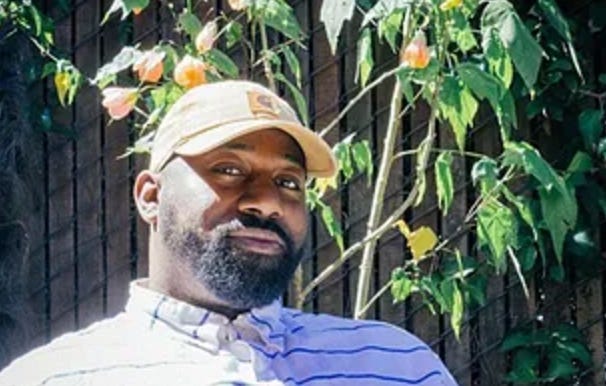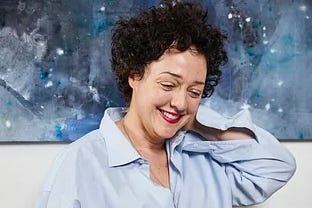The Memoir Land Contributors on Time Magazine's List of Must-Read Books
With congratulations to Carvell Wallace, Emily Raboteau, Glynnis MacNicol, and Leslie Jamison.
Since 2010, in various publications, I’ve interviewed authors—mostly memoirists—about aspects of writing and publishing. Initially I did this for my own edification, as someone who was struggling to find the courage and support to write and publish my memoir. I’m still curious about other authors’ experiences, and I know many of you are, too. So, inspired by the popularity of The Oldster Magazine Questionnaire, I’ve launched The Memoir Land Author Questionnaire.
Here’s a little roundup of Memoir Land Questionnaires by four memoirists on Time Magazine’s List of The 100 Must-Read Books of 2024. -Sari Botton




Time Magazine has released its list of The 100 Must-Read Books of 2024, and I was so thrilled to spot on it four memoirists who have contributed to Memoir Land—three of whom took The Memoir Land Author Questionnaire, and one of whom contributed an essay.
Congratulations to
Wallace, , , and . Below are links to their contributions.The Memoir Land Author Questionnaire #12: Carvell Wallace
"It was terrifying. I was afraid people wouldn’t like me after they read it. I was afraid everyone would see some terrible thing about me that I had not yet seen about myself. I was afraid the book would not be very good and that I would be laughed out of the industry “never to write in this town again” so to speak."
You Have Been Given
"My father’s death was nested among so many other losses, I hadn’t yet grasped its particular hold. He didn’t die of COVID. He died in devastating increments, swiftened by social distancing: He forgot how to drive, how to read, how to climb stairs. He forgot the names of his children and the names of the ancestors in the framed photos on his wall. Eventually, he forgot to eat. And I had to say goodbye through a mask, spooning his diminished frame in the rented hospital bed at his home."
The Memoir Land Author Questionnaire #17: Glynnis MacNicol
"This book was surprisingly easy to write. I went into it with a very clear idea of what I wanted it to be and then did it. What was hard, was convincing editors there was a story here. People like clear narrative arcs (which I actually write about in the book): an inciting incident, rising action, resolution. I was reading a lot of Deborah Levy and Rachel Cusk and was interested in observing the lived experience vs. trying to construct a three-act narrative. "
The Memoir Land Author Questionnaire #3: Leslie Jamison
"The hardest part of writing this book was figuring out how (and how much) to tell the story of my marriage. I always conceived of this book as telling the story of the aftermath—what happened after my marriage fell apart, as my daughter and I were building a new life. But I knew I needed to tell some of the story of the marriage itself in order to grant that aftermath emotional resonance and impact. As my friend Mary (the great memoirist Mary Karr) put it: 'You don’t write the heartbreak of divorce by writing the brutality of the divorce; you write the heartbreak of divorce by writing the love that came before.'”








